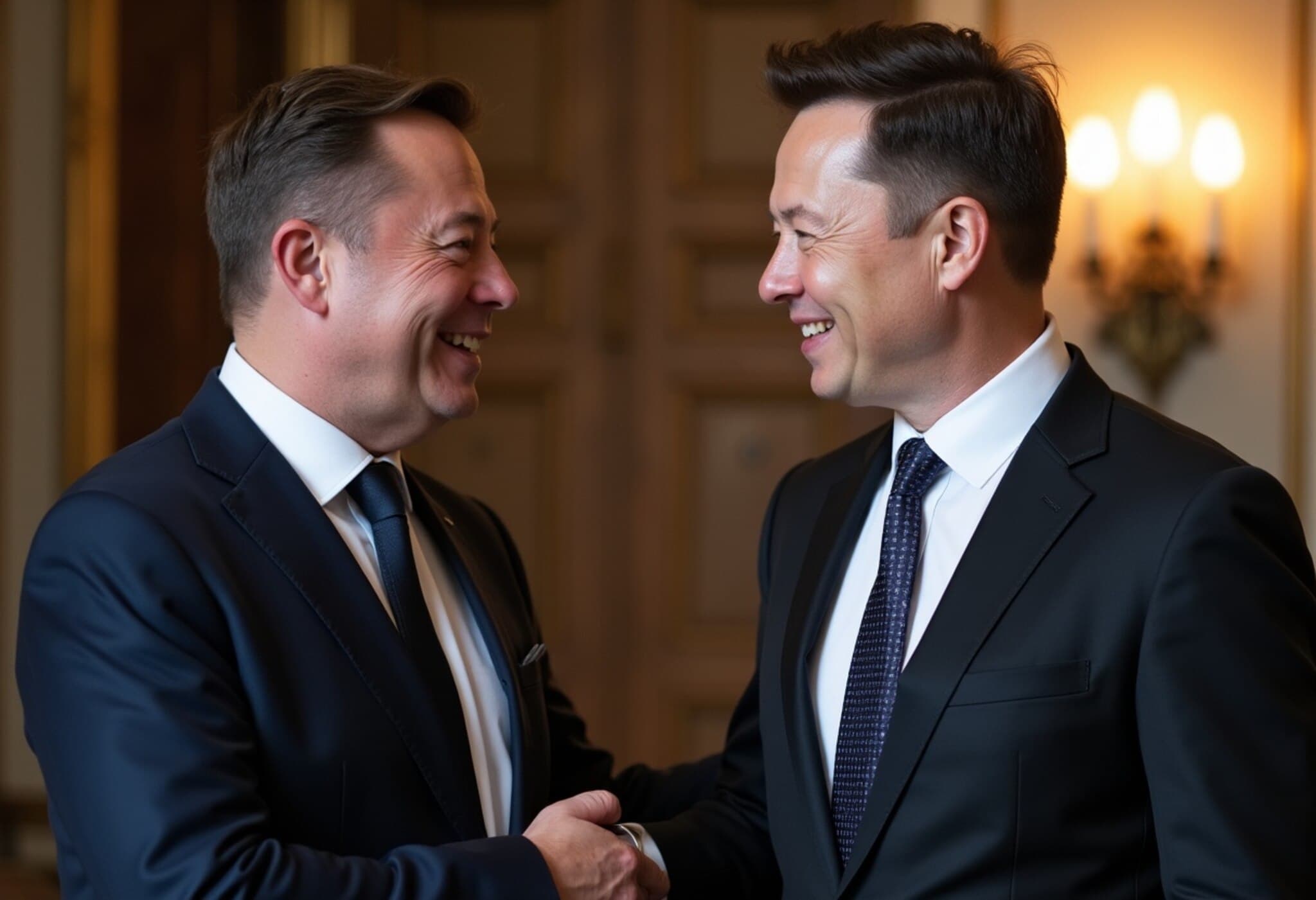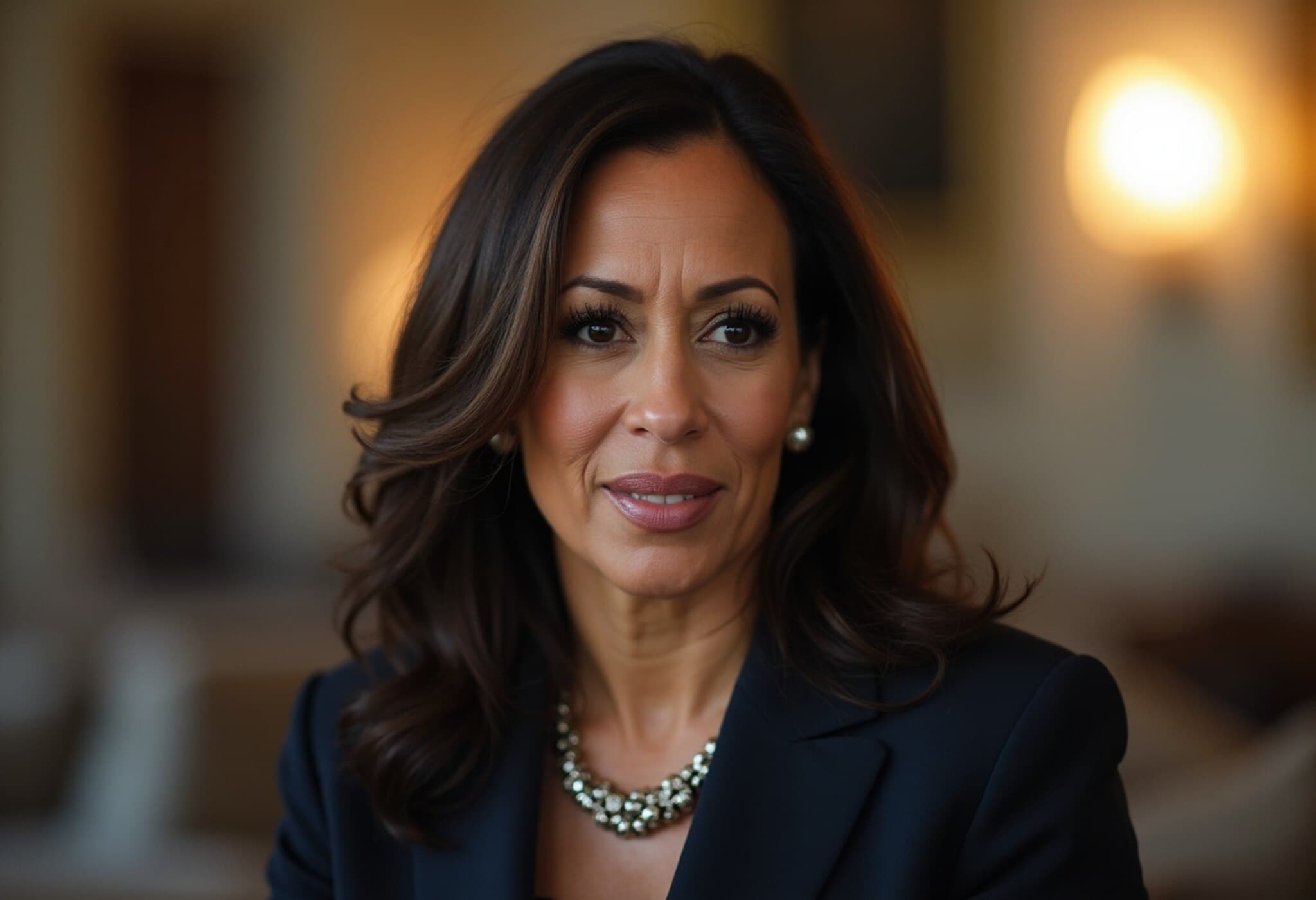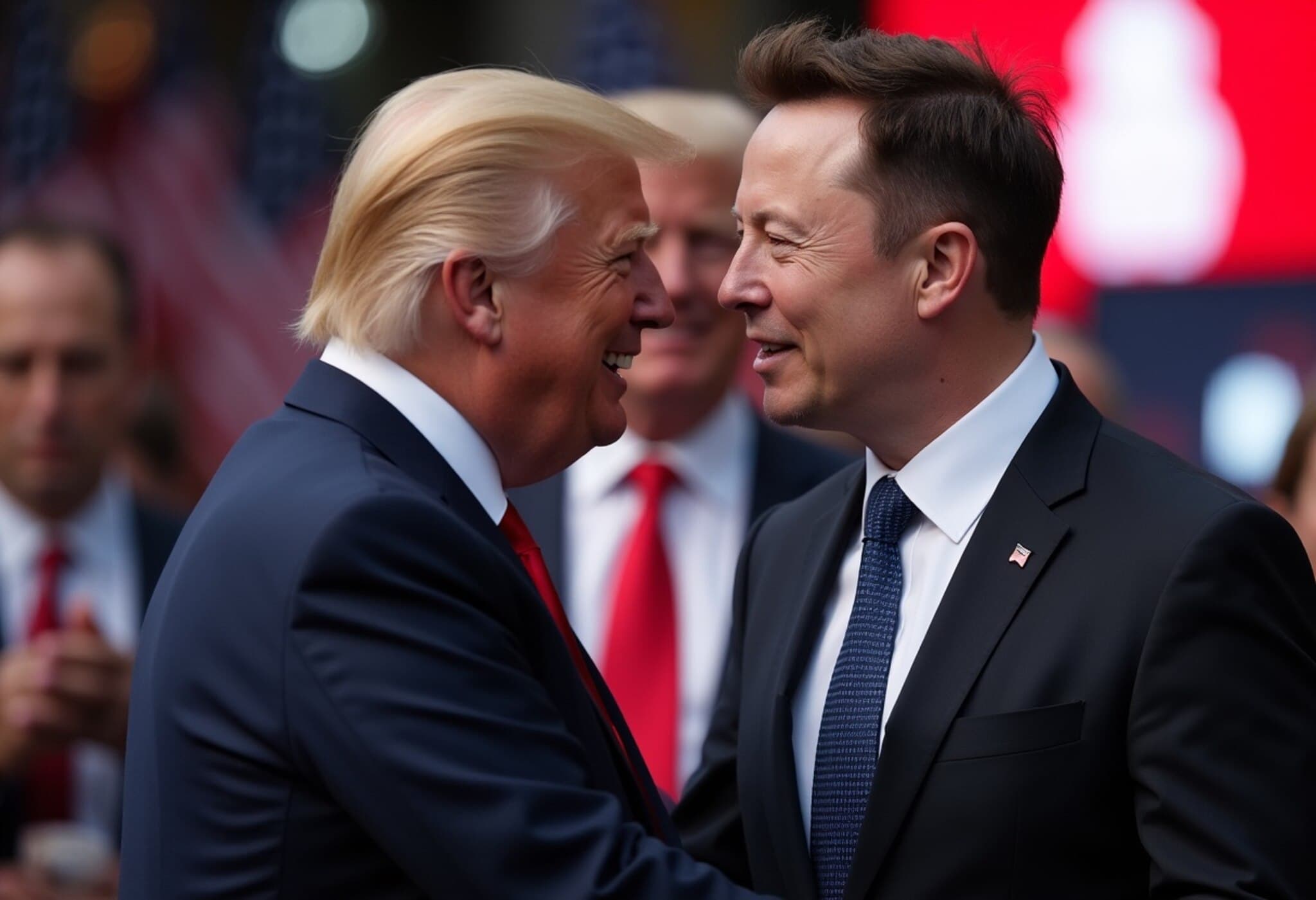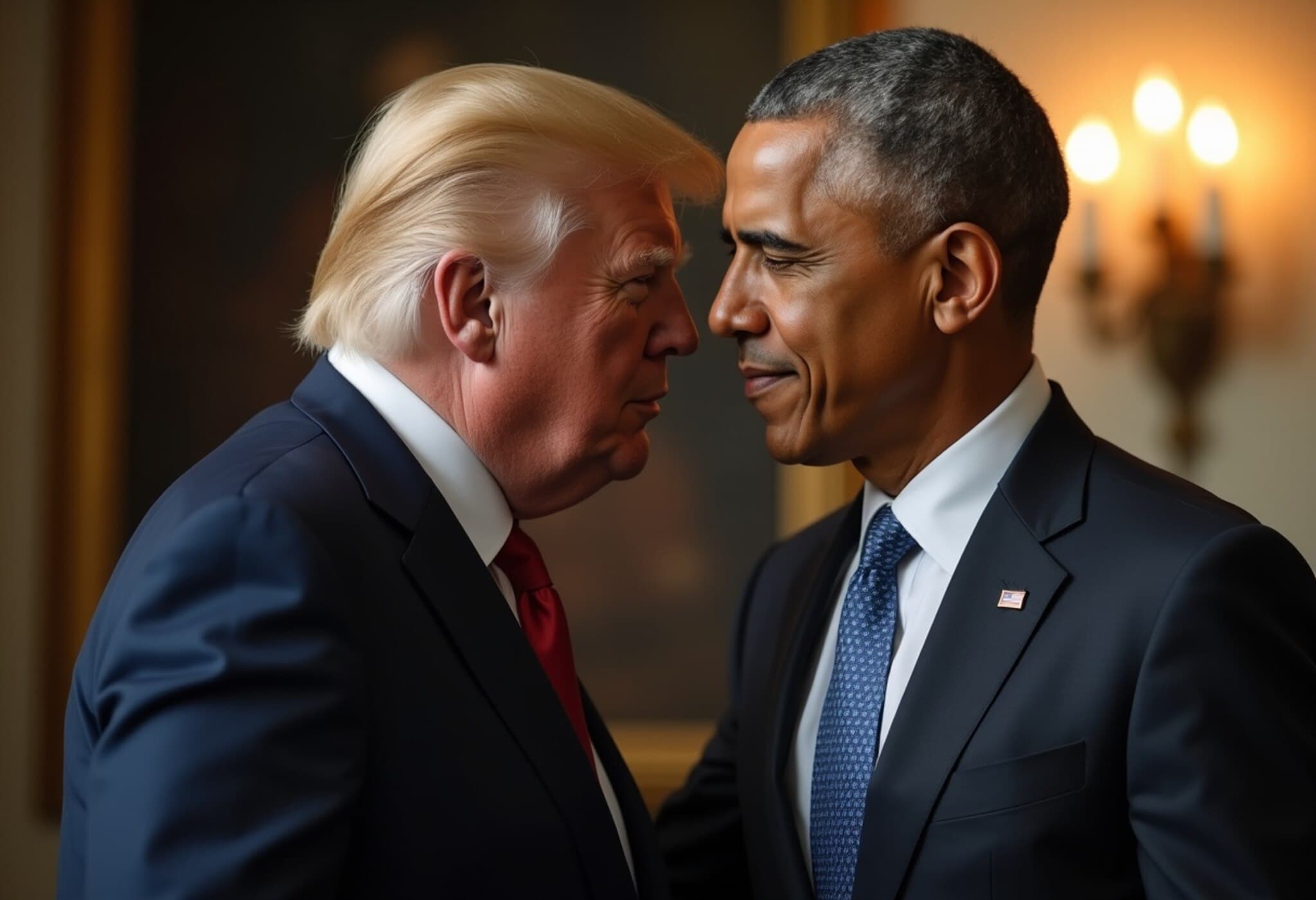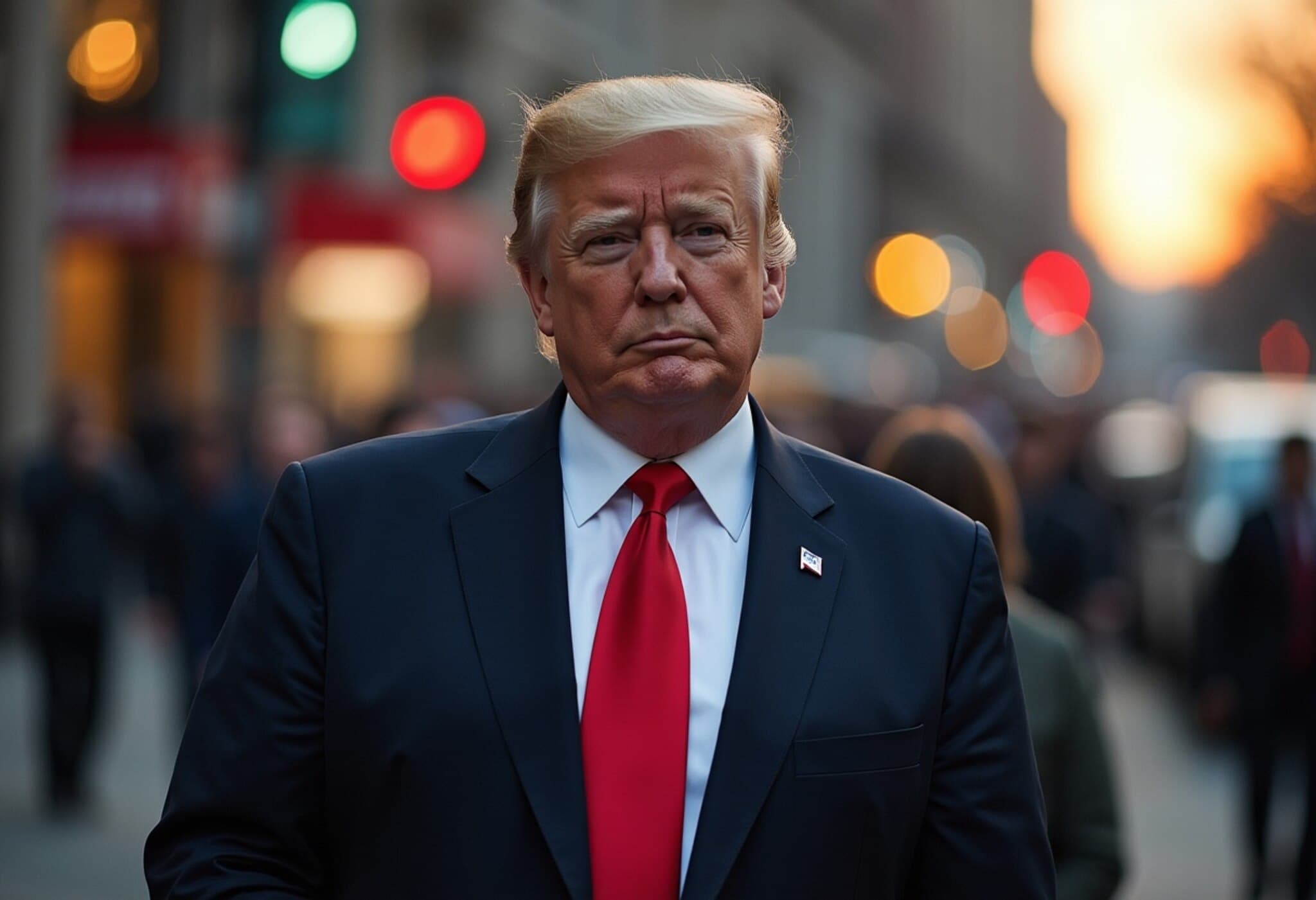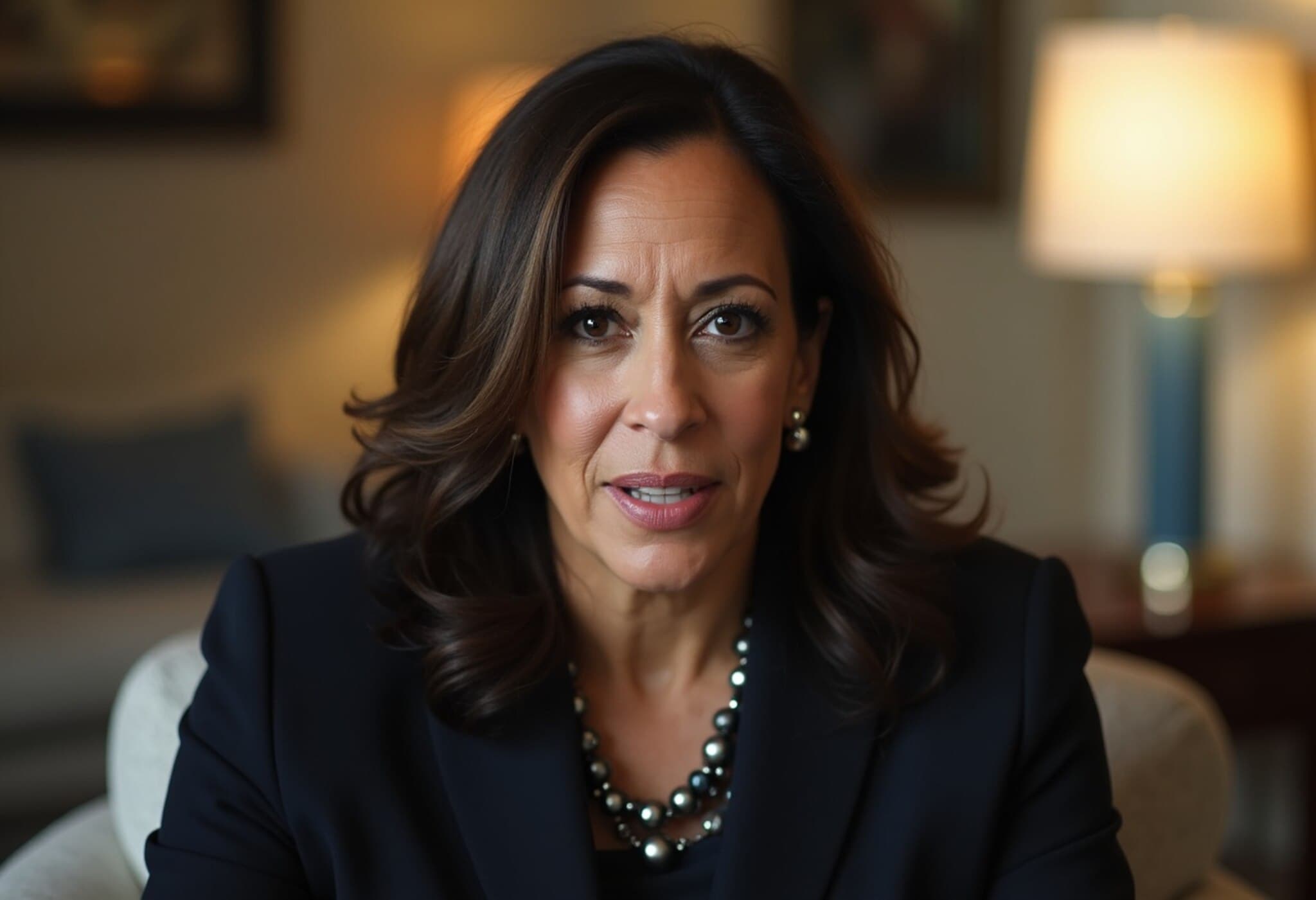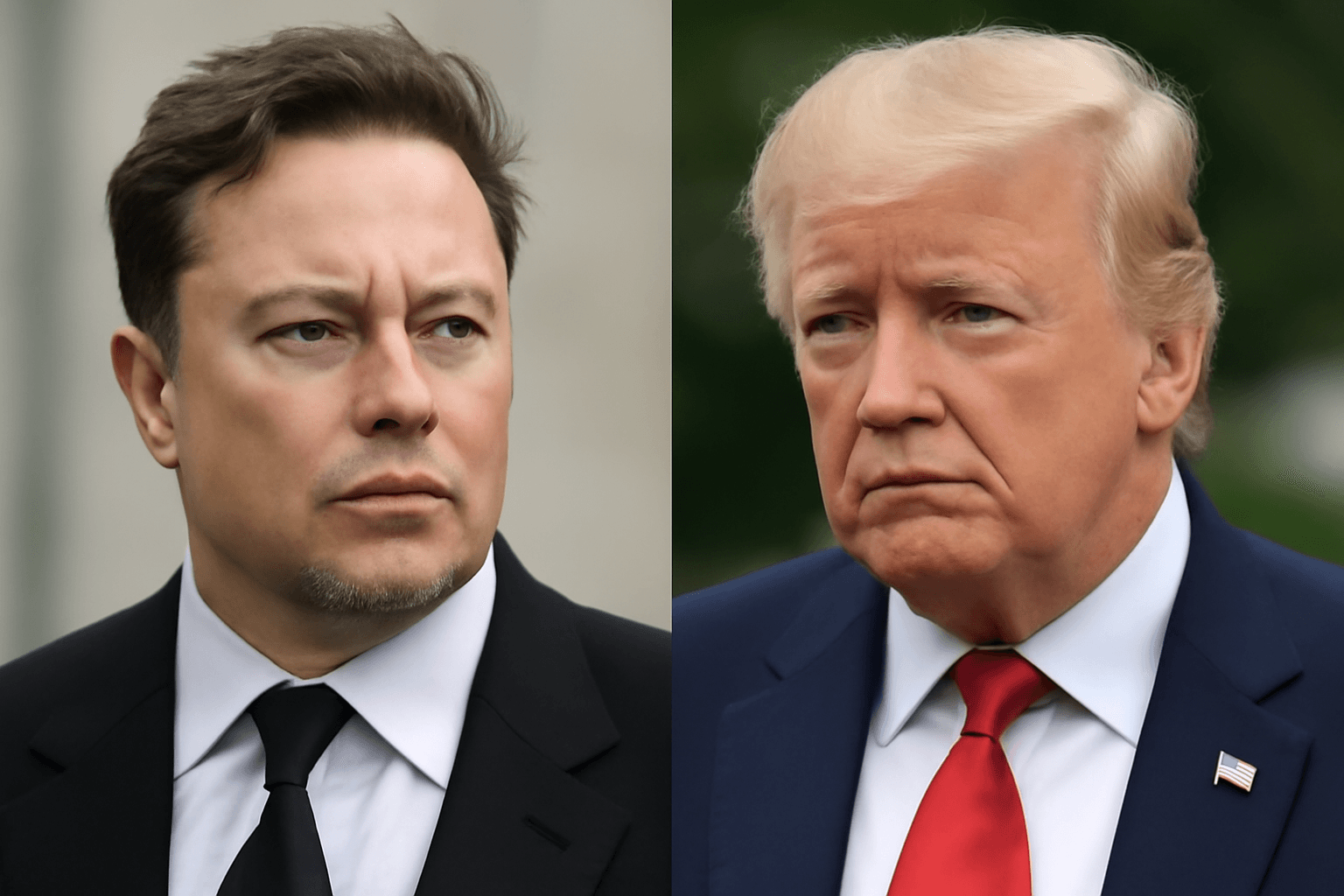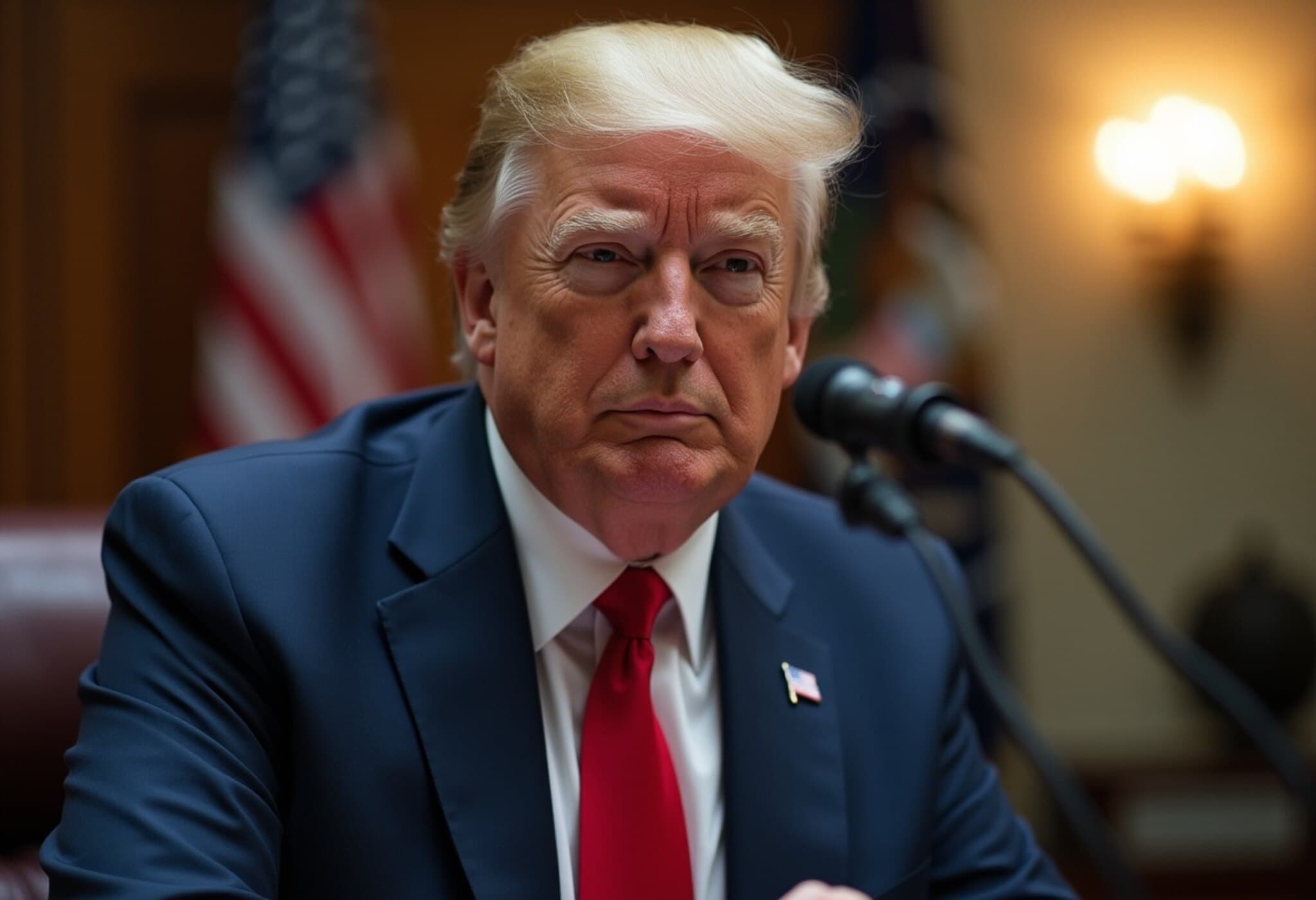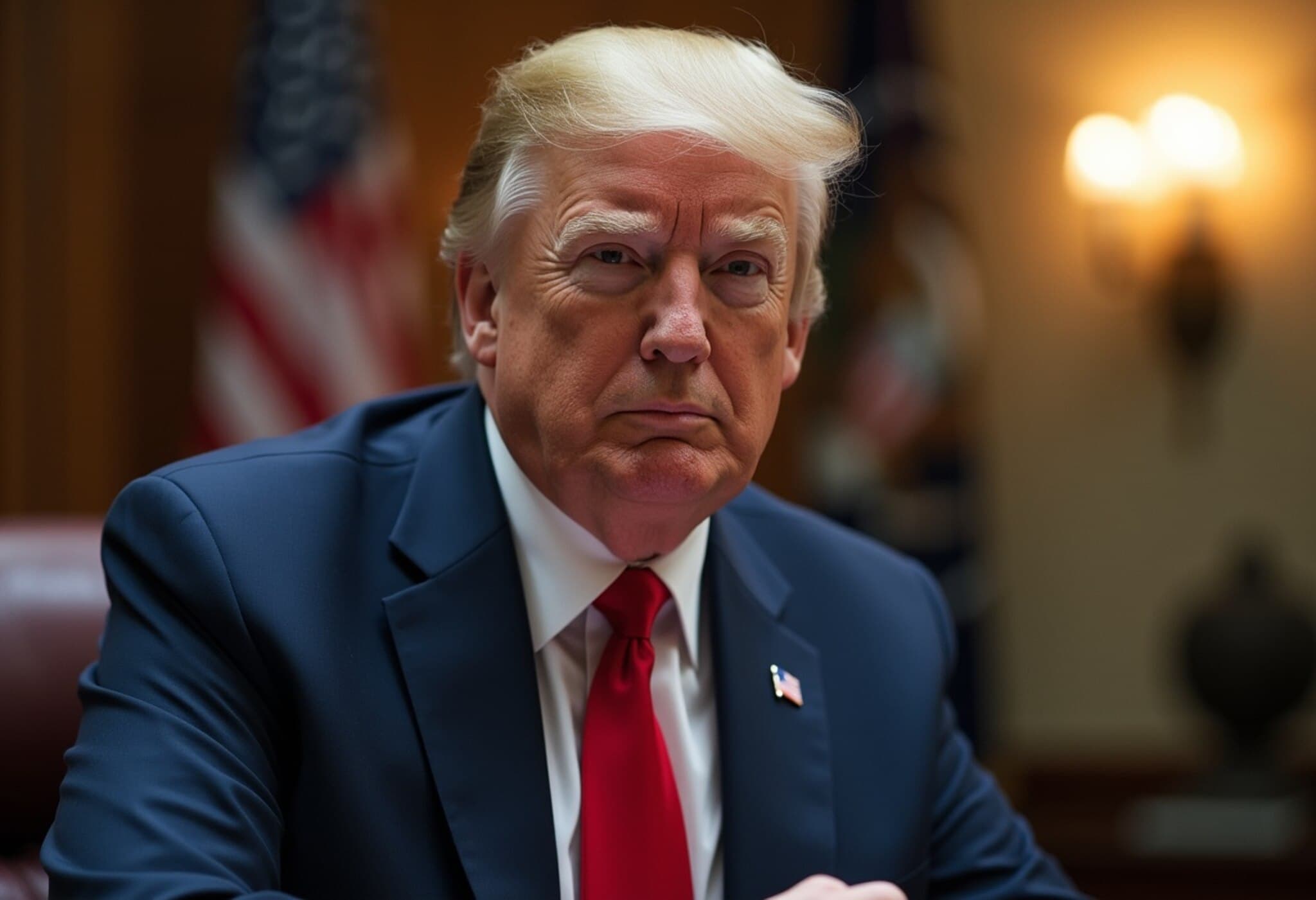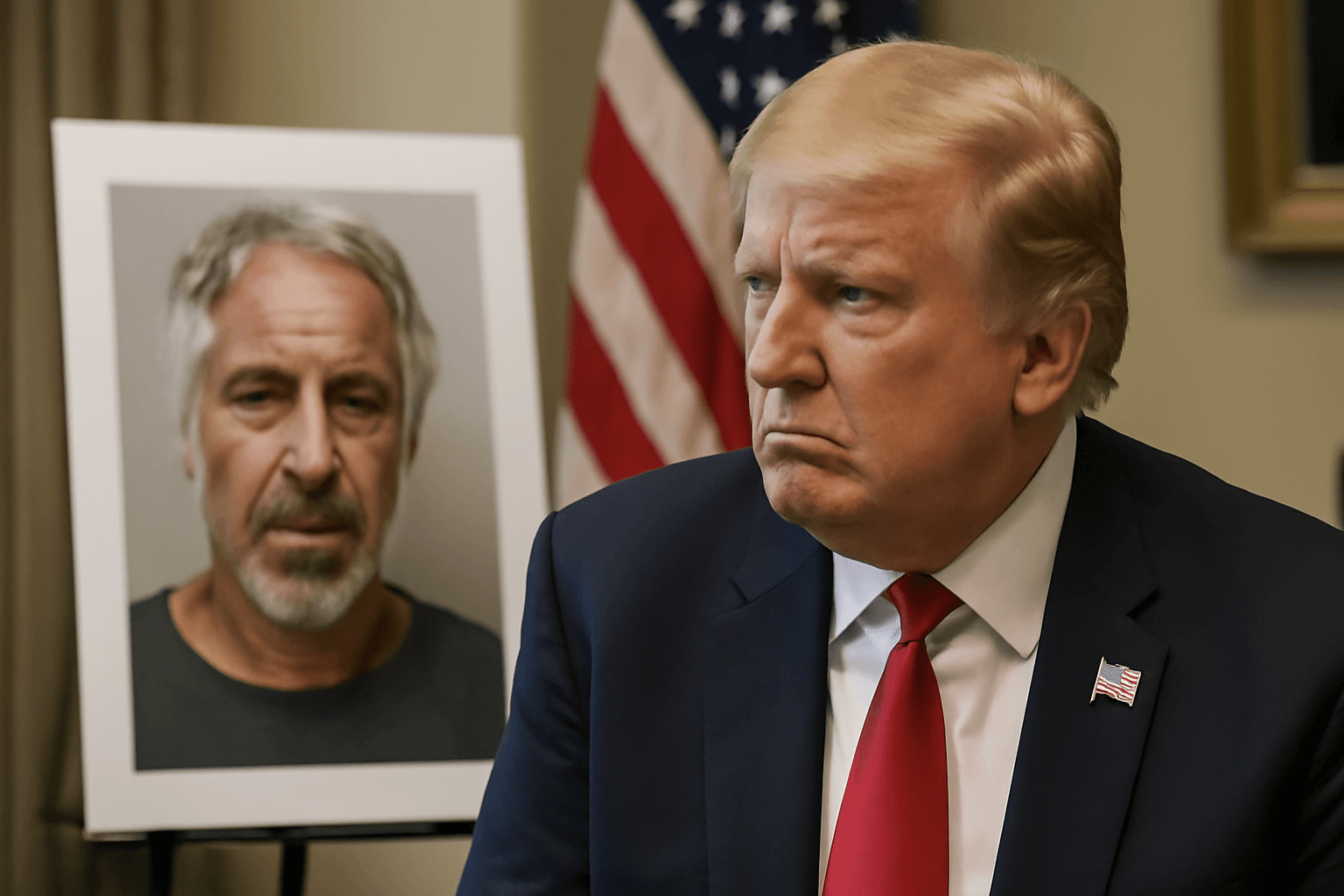Elon Musk Calls on Trump to Honor Campaign Promise on Epstein Files
In a surprising twist to ongoing political drama, tech billionaire Elon Musk publicly challenged former President Donald Trump to release files related to convicted sex offender Jeffrey Epstein—files Trump vowed to make public during his presidential campaign. Musk’s call came amid heated debates within the Republican Party about transparency and trust, fueling what some analysts see as a fracturing of unity among MAGA supporters.
Context Behind the Epstein Files and Political Fallout
Jeffrey Epstein’s shadow continues to loom large in American political discourse. Despite Epstein’s death in 2019, questions surrounding the investigation—and the potentially explosive information contained in related files—have stoked suspicion and conspiracy theories, particularly among right-wing circles. Trump’s earlier promises to disclose these files have not materialized, leading to frustration.
Elon Musk, who once intersected with Trump’s administration as head of the short-lived Department of Government Efficiency (DOGE), seized the moment on X (formerly Twitter). Responding ironically to Trump’s demand that MAGA supporters stop dwelling on Epstein, Musk quipped, “He said 'Epstein' half a dozen times while telling everyone to stop talking about Epstein. Just release the files as promised.”
From Ally to Adversary: The Musk-Trump Relationship Deteriorates
The Musk-Trump dynamic has shifted dramatically over recent years. Initially an ally, Musk faced rebuke from Trump after criticizing the administration’s fiscal policies—the so-called “Big Beautiful Bill” on taxation and government spending. In retaliation, Trump threatened to withdraw federal contracts from Musk’s ventures, such as Tesla and SpaceX, signaling increased tension between political power and tech innovation.
Musk later escalated the drama by suggesting the Trump administration was suppressing Epstein files because Trump’s own name featured prominently—an incendiary claim Musk deleted after acknowledging it might have been too provocative.
Trump’s Defense and GOP Backlash
On the defensive, Trump praised Attorney General Pam Bondi, describing her as “fantastic” amid mounting pressure over the Epstein controversy. He urged supporters to redirect energy away from Epstein, painting him as a fringe concern: “One year ago, our Country was DEAD, now it’s the ‘HOTTEST’ Country anywhere in the World. Let’s keep it that way, and not waste Time and Energy on Jeffrey Epstein, somebody that nobody cares about.”
This stance has not sat well within all Republican ranks. While some supporters accuse the so-called “Deep State” of hiding critical evidence, others are growing impatient with what they perceive as evasiveness from Trump’s camp. The Justice Department and FBI recently asserted, following a thorough review, that Epstein died by suicide and no client list or new charges would emerge—directly contradicting prior statements from Bondi about prosecutorial leads.
Internal GOP Friction and Electoral Risks
- Far-right activist Laura Loomer publicly called for Bondi’s dismissal, labeling her an “embarrassment.”
- Former Trump aide Steve Bannon warned of potentially severe Republican losses in the 2026 midterms—up to 40 House seats—if the Epstein controversy continues unchecked.
Such divisions underscore a broader question facing the GOP: How to reconcile base demands for accountability with political pragmatism and ongoing investigations.
Expert Insight: Transparency’s Double-Edged Sword in American Politics
The Epstein file saga offers a microcosm of the challenges modern political leaders face balancing transparency with national security and public trust. Experts note that failure to release information promised during campaigns can erode voter confidence, particularly in an era rife with misinformation and polarization. Meanwhile, premature disclosure risks compromising sensitive investigations or implicating powerful figures without due process.
For Trump, Musk, and the GOP at large, the Epstein files have become a litmus test for credibility and leadership. They also highlight how digital platforms and public figures can escalate narratives that blur fact and speculation, influencing public perception and electoral fortunes.
What’s Next?
The Epstein controversy shows no sign of abating, especially as political stakes rise ahead of midterms. Both the ruling party and opposition forces must navigate these murky waters carefully.
Will Trump eventually release the files to quell discontent, or will the issue serve as a persistent wedge within his base? For Musk, it appears the Epstein files are both a political lever and a symbol of broader governance transparency issues—concerns that matter deeply to the American public.
Editor’s Note
As we watch this high-stakes standoff unfold, several key questions linger: How much information about Epstein’s network remains undisclosed, and who benefits from the silence? Beyond political point-scoring, the Epstein files debate raises critical reflections on the accountability of elected officials, the role of social media in political discourse, and the fragile trust between leaders and citizens. For voters and observers alike, the situation underscores the necessity of demanding clarity without descending into conspiracy-driven cynicism.

